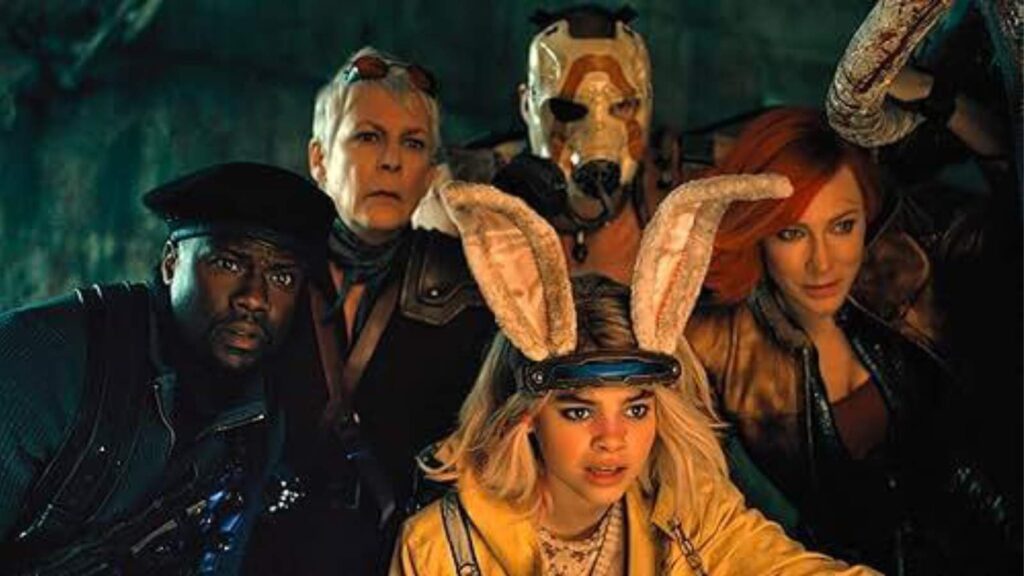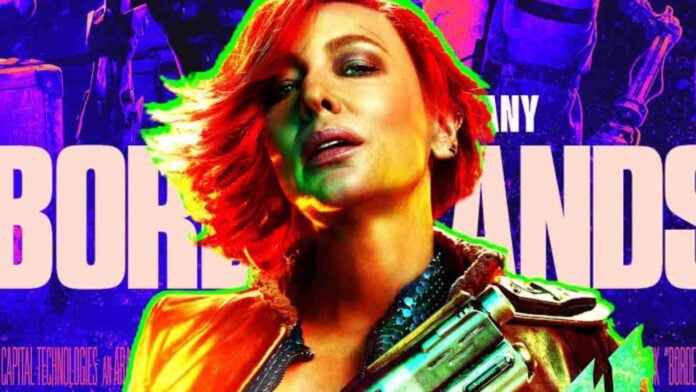Video game movies are notorious for being critically panned and commercially underwhelming. Despite decades of attempts, Hollywood has struggled to translate the interactive experiences of games into compelling cinematic stories. Lionsgate’s ‘Borderlands‘, the long-awaited big-screen adaptation of the beloved shooter franchise, was imagined to change this narrative. With an all-star cast and the passionate fandom behind the source material, expectations were high. However, the final product served as a cautionary tale, emphasizing the inherent challenges that plague the genre.
While many factors contributed to ‘Borderlands‘ downfall, two major issues were its failure to both appeal to fans and connect with general audiences. For fans, crucial aspects they loved were ignored while attempts to broaden the appeal fell flat. Meanwhile, those unfamiliar with the games found an empty flick. Unless adaptations can meaningfully capture what draws people to the interactive worlds, and tell cinematic stories that work on their own, video game movies will remain a risky proposition. Here’s how this film proved that a hit IP and stars alone can’t make up for a lack of understanding of the medium.
‘Borderlands’ Disregards What Made The Games Memorable

A key complaint of ‘Borderlands‘ fans was how the film disregarded much of what they enjoyed about the games. The whacky weapons, extensive world-building, and unique visuals were integral to the franchise’s identity, and were yet ignored. Whereas the shooter aspect was prominently featured, though efforts to recreate memorable moments felt half-baked.
Cameos from beloved characters felt unfulfilling without exploring their depth. By focusing on generic action sequences over beloved details, it failed to reward loyalists. Despite good intentions, the result betrayed the care fans had for the IP.
Related: Why Is It Hard to Make A Good Video Game Movie?
In trying to reach non-fans, ‘Borderlands‘ settled for replicating superficial elements rather than crafting a defined story. It blended in influences from varied genres without cohesion. The plot was thin and undercooked without meaningful drama to hook casual viewers. Over-reliance on famous faces meant little without substance to back it.
As a “video game movie“, it showed little understanding of why people connected to the source or what makes for good filmmaking. Prioritizing spectacle over narrative left general audiences understandably cold on the experience.
How ‘Borderlands’ Disappointed On Both Fronts

When reviewing the ultimate disappointment of ‘Borderlands‘, its failures can be traced to a lack of meaningful adaptation. It disregarded fans’ passion while providing outsiders with an experience that was lackluster. Unless future conversions respect video game roots and strive for strong standalone stories, they will remain a risky cinematic proposition decision.
In case you missed it: Bethesda Games Director Todd Howard Reveals His Favorite Moment From Amazon’s Video Game Adaptation TV Series ‘Fallout’
With Hollywood increasingly looking to games as IP, this cautionary tale shows understanding the medium interaction is just as vital as big names when bringing worlds to the screen. When it comes to interpretation, understanding why things worked originally is key.





